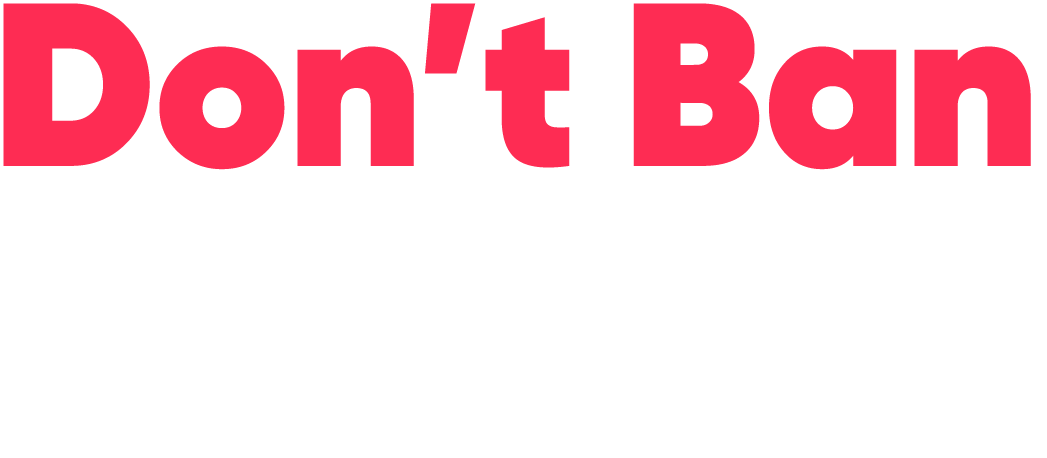
About
Meeting the Moment
In the three years since the fall of Roe, businesses – from corporations to small enterprises – have grappled with the fallout, recognizing abortion access as a workplace health, safety, and equity issues affecting over half of the workforce at various points in their career trajectories.
Don’t Ban Equality engages its coalition of private sector allies to meet the moment at every turn - taking this work from the media into boardrooms and key corporate functions, including leads in human resources, government affairs, communications, marketing, community affairs, and of course, the courts and elected officials on understanding abortion access as a workforce and economic issue.
The impact extends beyond abortion access to miscarriage care, maternal health, IVF and infant mortality.
To date, no company has experienced blowback for joining the platform. More importantly, no company that increased their benefits in the wake of Roe falling experienced any notable blowback for their actions.
Meanwhile, state level restrictions and looming federal threats complicate efforts to attract and retain talent, administer benefits and enable community-level workforce readiness – harming both workers and state economies.
The untenable patchwork of state laws and tumultuous litigation landscape demands a federal standard that will clarify and codify access to reproductive healthcare for our workforce, ensuring their families and communities can access reproductive healthcare, without unnecessary bans and restrictions.

Core Principles
Drive the narrative in business media about the impact of reproductive healthcare, including abortion access, as a workforce and business issue in the U.S.
Catalyze the private sector to protect the health and safety of their workforce from the harm of reproductive health restrictions, including threats to abortion access, miscarriage care, family planning, maternal health, data privacy and IVF through employee policies.
Educate businesses about opportunities to use their influence with decision makers about the solutions needed to address reproductive healthcare as a matter of talent readiness, workforce safety, operational risk and national competitiveness.

Core Partners
The Coalition is led by the Center for Reproductive Rights, Planned Parenthood Federation of America, Reproductive Freedom for All, The American Civil Liberties Union, Rhia Ventures, and National Women’s Law Center. Support comes from The David and Lucile Packard Foundation and Tara Health Foundation. Ongoing coordination and media support for the coalition is provided by McPherson Strategies and BSR serves as an advisor.
Our Story
Founded in 2019, in the wake of a historic spike in reproductive health restrictions in eight states, Don’t Ban Equality (DBE) is a platform of 1,100+ businesses, large to small, located in all 50 states, publicly traded and private, U.S. based and globally headquartered, making the case that abortion access is a workforce and economic issue.
In 2019, companies were reaching out to leading national reproductive health organizations seeking guidance on how to address the rollbacks and discuss abortion as a workplace issue. More than 300 business leaders signed an open letter published in the New York Times that said “It’s time for companies to stand up for reproductive healthcare.”
In 2021, the sign-on letter was re-ignited when Texas enacted the SB-8 law, more than 50 companies sought guidance on protecting workers and a mechanism to collectively make a statement that the laws would have a major impact on the world’s 8th largest economy.
A new wave of corporate signers joined in the wake of the SCOTUS decision leak and, ultimately, the overturn of Roe v. Wade in 2022, with nearly 1000 companies joining the coalition over the course of 2022 and 2023.
In 2024, the coalition continued to grow to over 1100+ signatories nationally and with state-focused efforts led by coalition partners.
As companies continued to navigate a fraught and ever-evolving national landscape, the election brought forth 10 state ballot measures addressing abortion access. Seven states passed ballot measures to support abortion access, three of which also voted for Trump.
In 2025, risks to data privacy, commerce, travel, and regulatory stability add cost, chaos, and uncertainty across business operations. At a time when businesses of all sizes need stability, reproductive healthcare restrictions have direct workforce and economic consequences.
As of March 2025, we are seeing significant energy behind bill filing to restrict or outright block access to abortion, in a wide variety of categories including criminalizing patients and providers accessing healthcare, criminalizing third parties (including businesses), creating new barriers to healthcare provisions, and eroding successful 2024 ballot measures.
Leadership Moments
-
In March 2024, Don’t Ban Equality signers collaborated to call on the business community to safeguard reproductive healthcare access via a powerful billboard in New York City.
The digital billboard ad in New York's Times Square read, "Reproductive health is every business’s business," alongside a list of signatories.
This initiative sought to raise awareness ahead of the Supreme Court's oral arguments concerning the accessibility of the abortion pill, mifepristone. This ad was created in partnership with media agency, FiveTier, and creative agency Beers With Friends.
The project was selected as a Bronze Winner for the 4th Annual Anthem Awards in the Health, Special Projects, and Awareness Categories.
In October 2024, Don’t Ban Equality created a non-partisan awareness campaign in 3 key states to inform business leaders of the impact that ballot measures would have on their companies and local economies.
-
Don’t Ban Equality in North Carolina: 300+ North Carolina businesses signed on to oppose legislation that would ban abortions at 12 weeks. The Rachel Maddow Show featured these corporate leaders’ efforts.
Don’t Ban Equality worked with coalition partners in OH, FL, VA, IN, SC and more to build out business support and support important conversations and ballot initiatives in key states.
-
75+ beauty and wellness brands banded together to make a standalone statement with Don’t Ban Equality about the wellbeing of the communities and customers they serve.
-
Where You Do Business Matters Ad Campaign in Commercial Observer
-
-
Media Coverage:
Forbes: Over 180 CEOs Speak Out On Abortion: 'Don't Ban Equality'
Business Insider: 187 companies, including Bloomberg, Tinder, and Ben & Jerry's, teamed up to slam abortion restrictions sweeping Southern states
CNBC: Jack Dorsey, Emily Weiss and 185 other CEOs sign letter calling abortion bans ‘bad for business’
Huffington Post: Over 180 CEOs Sign Full-Page NYT Ad That Declares Abortion Bans Are 'Bad For Business'
Access Matters
Abortion access matters to business because it affects approximately half of the workforce (some 60 million women of reproductive age) and has significant economic impacts on a micro and macro level.








